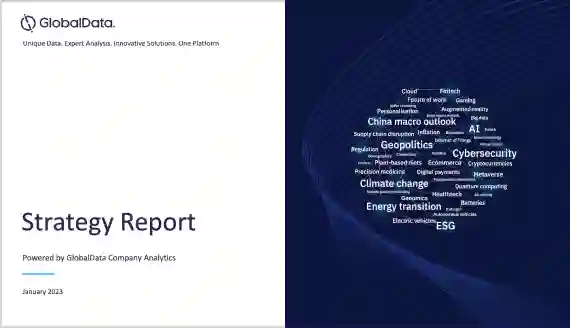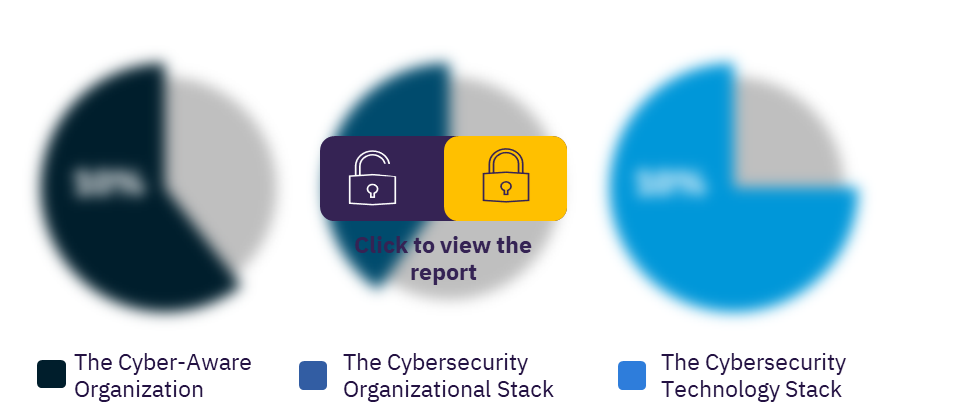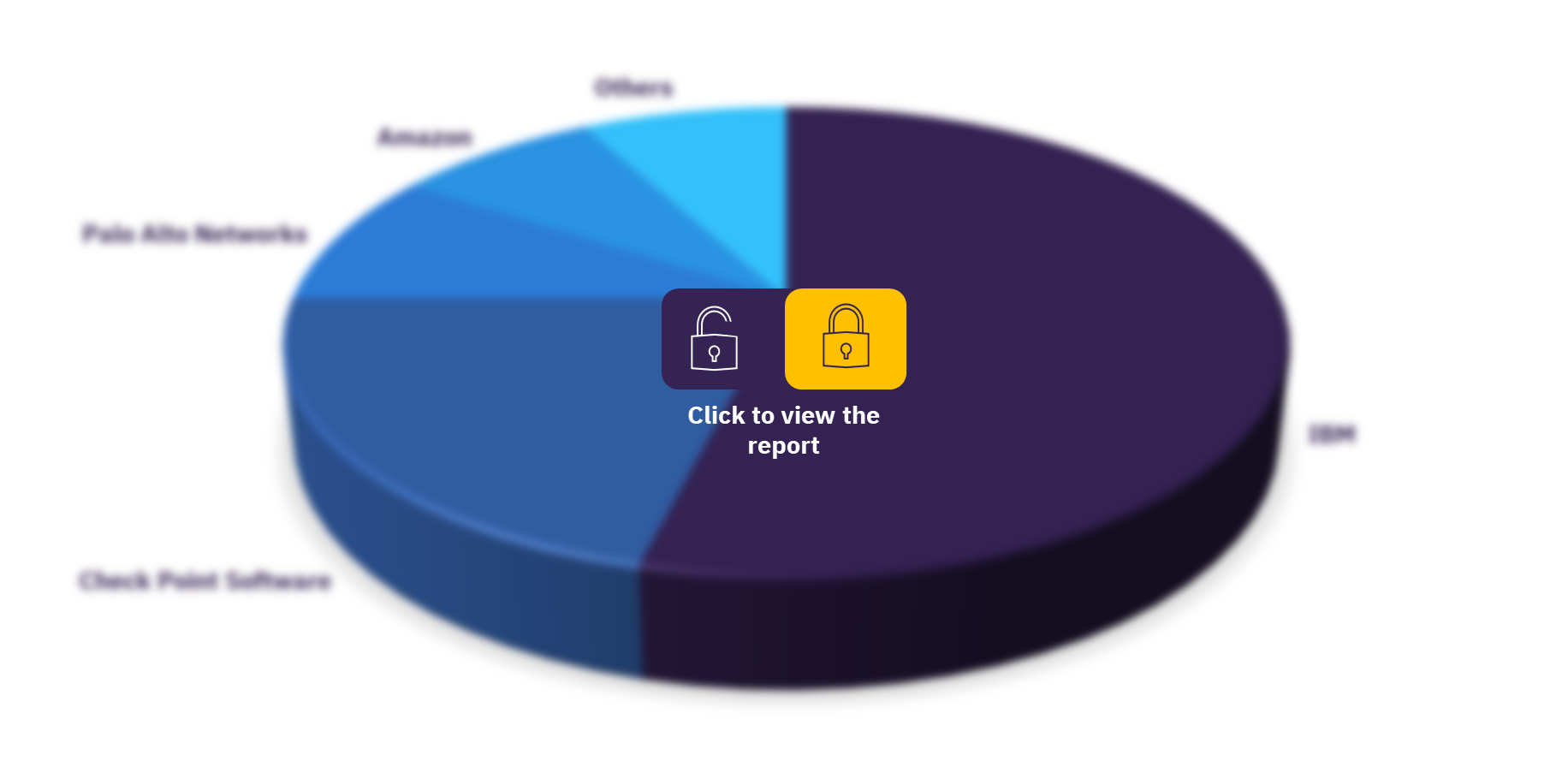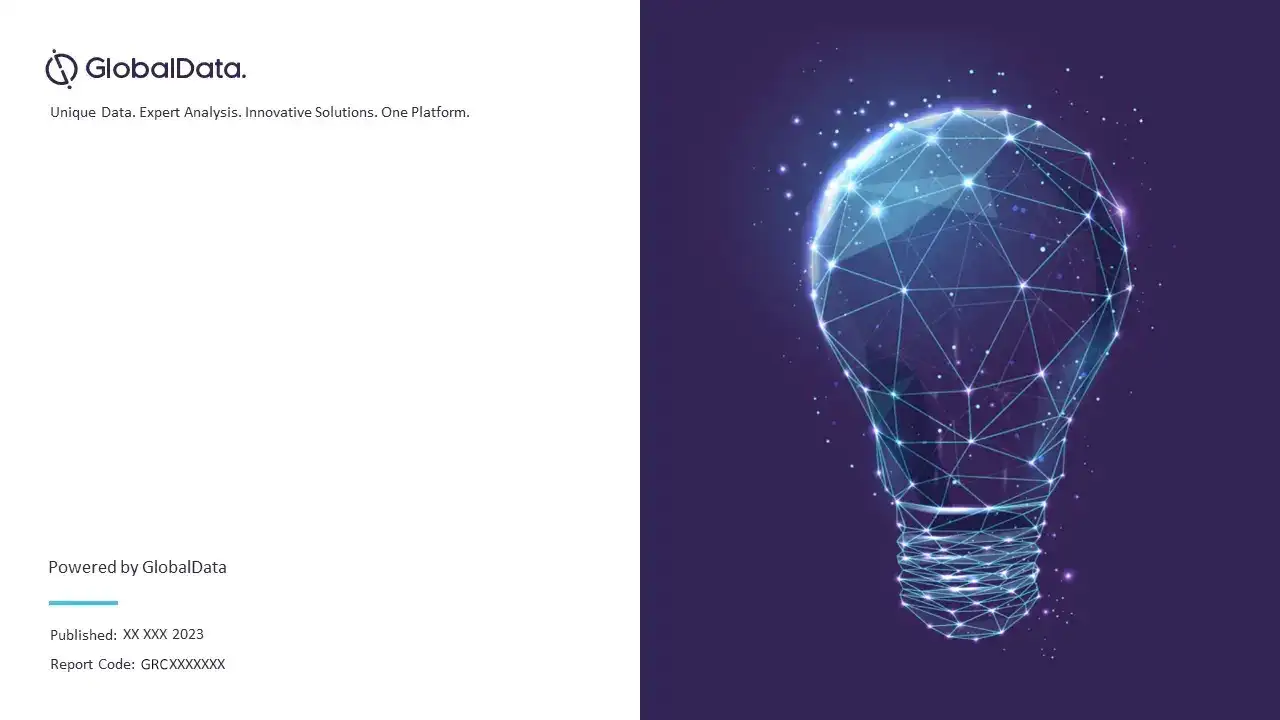Cybersecurity in Payments – Thematic Research
Powered by ![]()
All the vital news, analysis, and commentary curated by our industry experts.
As the banking and payments world becomes ever more digitized, any providers that do not follow the trend will risk losing out. Fintechs are aiming to disrupt the traditional players, while consumers are demanding a digital environment to conduct their banking and payment activities. The COVID-19 pandemic has only accelerated the shift towards a digital world. Payment providers need to be constantly vigilant about cybersecurity in the digital era, as fraud is an ever-growing threat.
Cyberattacks are becoming more sophisticated thanks to artificial intelligence (AI) and self-learning malware. In addition to keeping consumer data safe, providers themselves are at risk of attacks from cybercriminals. In the modern payment market, it is essential that providers maintain a robust cybersecurity strategy supported by a sound infrastructure and security services.
As the world’s payment environment becomes more cashless, the growth in digital payment transaction value increases. This translates to a growing opportunity for providers of cybersecurity products and services, as banking and payment providers look to utilize newer and more advanced cybersecurity infrastructure and services to fend off cybercriminals.
What are the main trends shaping the cybersecurity in payments industry in the recent future?
Technology trends
AI plays a key role in defending against cyberattacks, especially when hackers are implementing methods including the use of AI that make cyberattacks more difficult to detect. In the payments space, AI will play a key role in fraud detection and prevention.
Banks and payment providers are also constantly trying to keep up with managing and securing customer identity and authentication processes. Many from the technology industry, along with banking and payment providers, are part of the FIDO Alliance, where members aim to address issues around passwords and authentication.
Macroeconomic trends
The COVID-19 pandemic has increased cyber risk significantly. Remote working is here to stay, with most office-based employees working from home for the foreseeable future. Attacks will continue to target the tools used by remote workers, including fake requests to reset VPN accounts, faked sign-in pages, or bogus incoming chat request from colleagues on corporate messaging systems.
Psychology will be a focus in cybersecurity as with any anti-crime work. While hackers and malware authors try to understand how targeted organizations or systems work to get around and outsmart them, successful cyberattacks are usually at least one step ahead of those trying to defend the enterprise. Therefore, cyberattack prevention will also involve understanding what is going on in the minds of hackers and malware authors.
Regulatory trends
The US government has stepped up its legislative activity and enacted several laws to try and reduce its vulnerability to cyberattacks. Cybersecurity-related bills for Washington departments and agencies to prevent cyber breaches include the Cybersecurity Vulnerability Remediation Act (which allows the Department of Homeland Security’s Cybersecurity Agency to issue protocols to mitigate vulnerabilities); the Federal Risk Authorization and Management Program (which enables the US federal government to access cloud computing services using a risk-based approach); and the 2019 IoT Cybersecurity Improvement Act (which gives the National Institute of Standards and Technology the authority to manage IoT cybersecurity risks for devices acquired by the federal government).
What are the insights of the cybersecurity in payments industry analysis?
Opportunities and demand for cybersecurity protection in payments will continue to grow across the world as the value of payment transaction grows. Over 2019-24 the size of payment transactions by value will continue to grow, especially in the payment card and mobile payments spaces.
Over the next few years, the key area of growth for payments will be ecommerce as consumer purchasing habits continue to shift from offline to online. As payment gateways and the ecommerce segment record higher volumes and values of transactions, they will experience greater challenges on the security front. Therefore, over the next few years, ecommerce transactions will be a key area for cybersecurity service providers to target.
According to fraud data tracked by UK Finance, fraud derived from ecommerce transactions is the fastest-growing area by value. Between 2011 and 2020, the value of fraud in the ecommerce space had the highest growth rate, followed by online payments, and card present transactions. While tackling fraud is crucial across all areas of payments, opportunities will be most pronounced in the ecommerce space.
What are the segments of the cybersecurity in payments industry value chain?
The cybersecurity value chain reflects how organizations tackle cybersecurity and the key vendors that help them do it. It includes the following segments:
The cyber-aware organization: The cyber-aware organization can define its defensive position in key areas like resilient, vigilant, secure, trusted, and risk aware.
The cybersecurity organizational stack: SOCs, security engineering, device security, user and identity, and global risk and compliance make up the cybersecurity organizational stack.
The cybersecurity technology stack: This includes incident response, security orchestration, automation, and response, application security, DevSecOps, IoT security etc.
Cybersecurity in payments industry, by category
For more segment insights, download a free report sample
Who are the leading players in the cybersecurity in payments industry?
Some of the leading cybersecurity vendors include IBM, Check Point Software, Palo Alto Networks, Amazon, Google, Microsoft, BAE Systems, CrowdStrike, Forcepoint, Fortinet, Sophos, IDEMIA Thales, Accenture.
Cybersecurity in payments industry, by key players
For more insights on major vendors, download a free report sample
Market report scope
| Industry value chain segments | The cyber-aware organization, the cybersecurity organizational stack, and the cybersecurity technology stack. |
| Key players | IBM, Check Point Software, Palo Alto Networks, Amazon, Google, Microsoft, BAE Systems, CrowdStrike, Forcepoint, Fortinet, Sophos, IDEMIA Thales, and Accenture. |
Reasons to Buy
- Understand the shift in cybersecurity trends within the payments industry.
- Drill down into the various areas of cybersecurity and how they can be a threat to the payment sector.
- Understand how COVID-19 has changed the way consumers make payments and how to prevent cybersecurity threats arising from the pandemic.
- Understand the market opportunity in cybersecurity and where it is going with market sizing forecasts to 2024.
- Gain a broad view of merger and acquisition activities on the payment side of the cybersecurity industry.
Visa
IBM
Secureworks
Visa
PayPal
Klarna
Palo Alto Networks
Microsoft
Tencent
IDEMIA
Verizon
Accenture
Wipro
Table of Contents
Frequently asked questions
-
What are the key segments in the value chain of cybersecurity in payments industry?
The key segments in the value chain of cybersecurity in payments industry include the cyber-aware organization, the cybersecurity organizational stack, and the cybersecurity technology stack.
-
Who are the leading players in the cybersecurity in payments industry?
The key players in the cybersecurity in payments industry include IBM, Check Point Software, Palo Alto Networks, Amazon, Google, Microsoft, BAE Systems, CrowdStrike, Forcepoint, Fortinet, Sophos, IDEMIA Thales, and Accenture.
Get in touch to find out about multi-purchase discounts
reportstore@globaldata.com
Tel +44 20 7947 2745
Every customer’s requirement is unique. With over 220,000 construction projects tracked, we can create a tailored dataset for you based on the types of projects you are looking for. Please get in touch with your specific requirements and we can send you a quote.
Related reports
View more Payments reports












